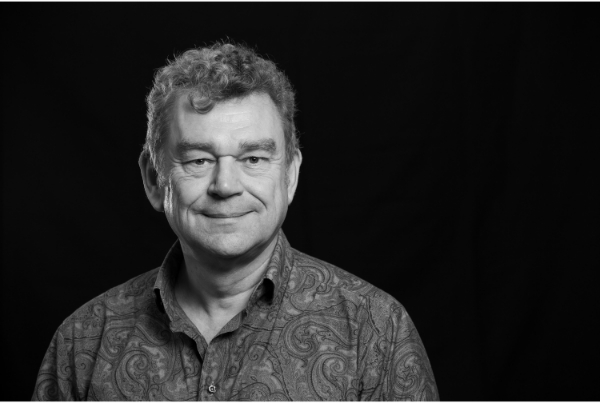Dr. Paul Verschure leads the Synthetic Perceptive, Emotive and Cognitive Systems Laboratory, hosted by the Institute for Bioengineering of Catalunya. Paul has received his MA and Ph.D. in Psychology and pursued his research at different leading institutes in Europe and the US and manages a team of over 30 researchers and technicians with whom he has published over 350 articles in leading journals and conferences in a range of disciplines. Paul is regularly invited as a speaker at relevant scientific conferences and international policy events, a consultant for the European Commission, board member of three journals and reviews for a number of relevant journals and conferences. Paul is founder/CEO of Eodyne Systems S.L, which is commercializing neurorehabilitation, education and cultural heritage technologies, founder/Chairman of the Future Memory Foundation and founder/Chairman of the Convergent Science Network Foundation.
